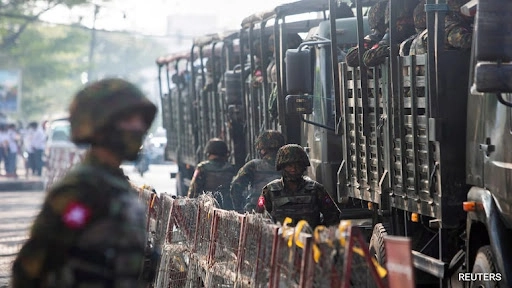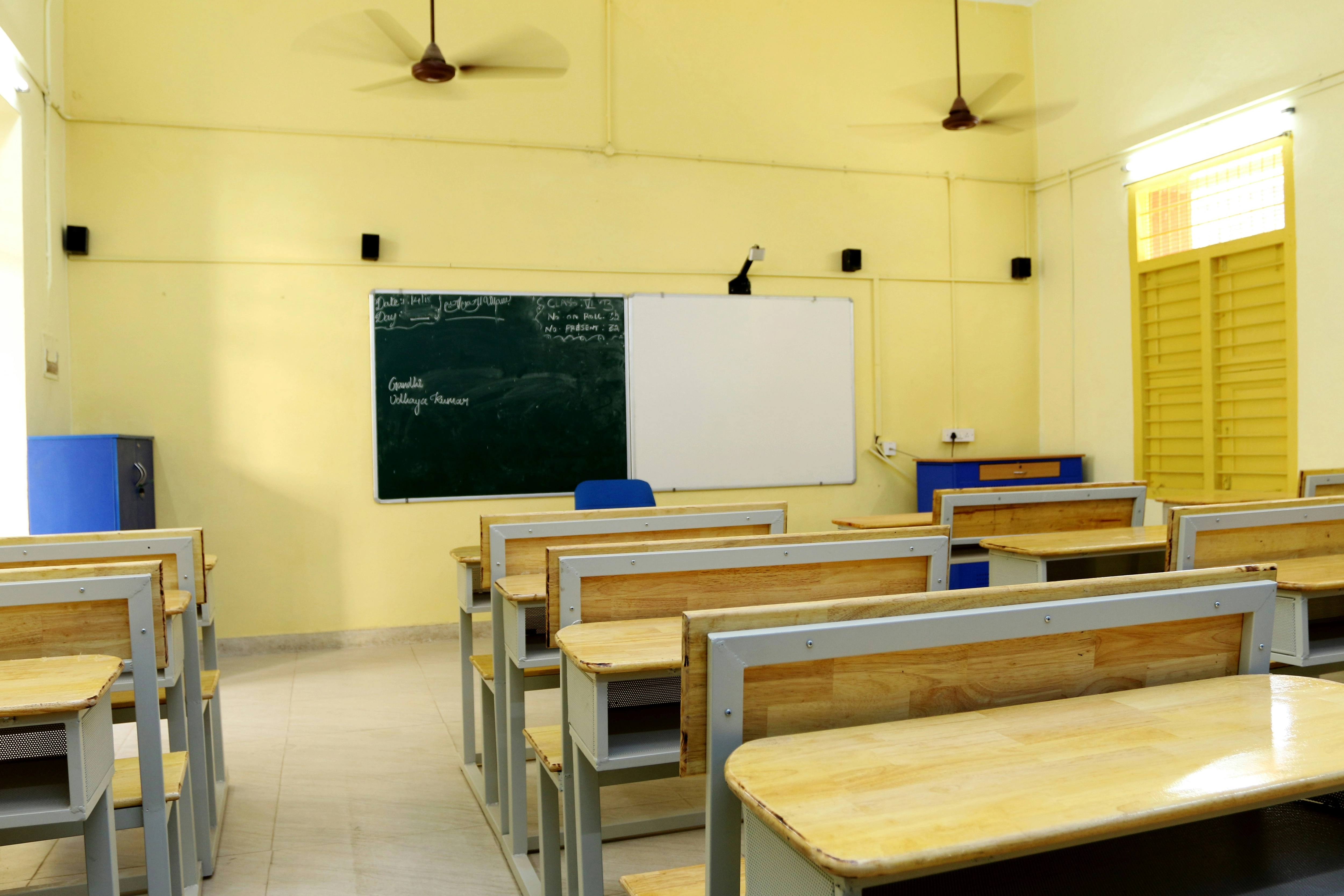The military in Myanmar has announced that a historic railway bridge has been bombed and destroyed by armed groups operating in the region. This incident marks a significant escalation in the ongoing conflict between the military and various ethnic armed organizations that have been resisting military rule since the coup in February 2021. The bridge, which was not only a crucial piece of infrastructure but also a symbol of connectivity for many communities, now lies in ruins following the attack. The military has condemned the action, labeling it an act of terrorism that undermines public safety and the country’s development.
The destruction of the railway bridge has raised concerns about the impact on transportation and trade in the affected area. Railways play a vital role in Myanmar’s economy, facilitating the movement of goods and people across regions. With the bridge out of commission, disruptions in supply chains are likely, further exacerbating the economic challenges that have resulted from the ongoing conflict and political instability. The military’s response to such acts of sabotage has often involved increased military presence and operations in the region, leading to further violence and civilian displacement.
As the situation evolves, it becomes increasingly clear that the conflict in Myanmar is not just a struggle for power but also a battle for the future of the nation’s infrastructure and the livelihoods of its people. The military’s narrative frames the actions of armed groups as destructive and harmful, while the groups themselves argue that such attacks are necessary to resist military oppression and reclaim autonomy. The cycle of violence continues to intensify, and with it, the humanitarian crisis deepens, leaving many innocent civilians caught in the crossfire and in desperate need of assistance. The international community watches closely, yet effective intervention remains a complex and contentious issue.




